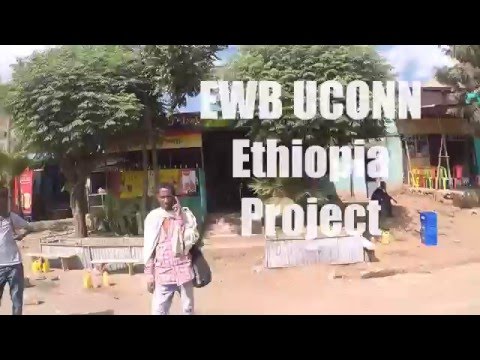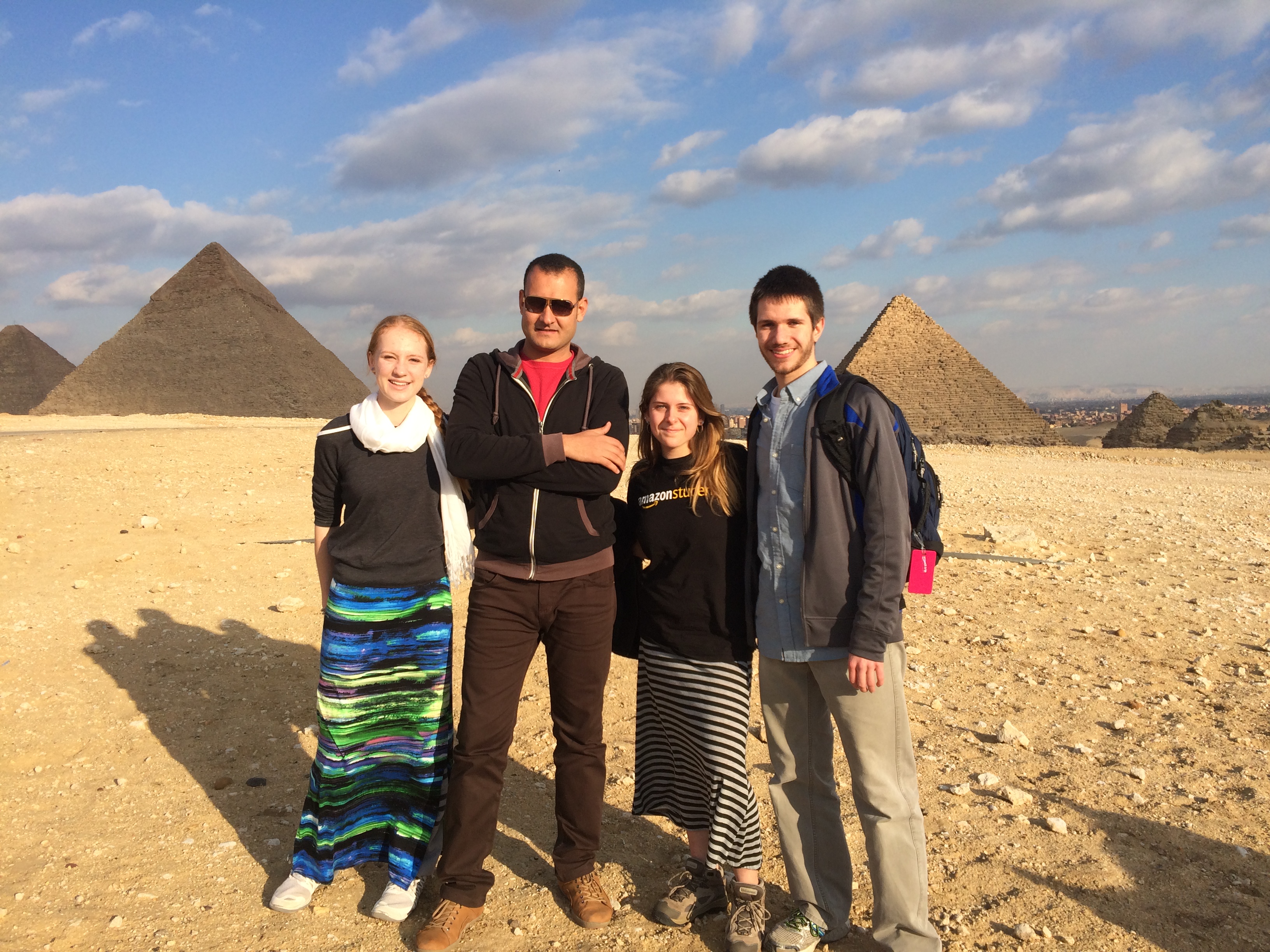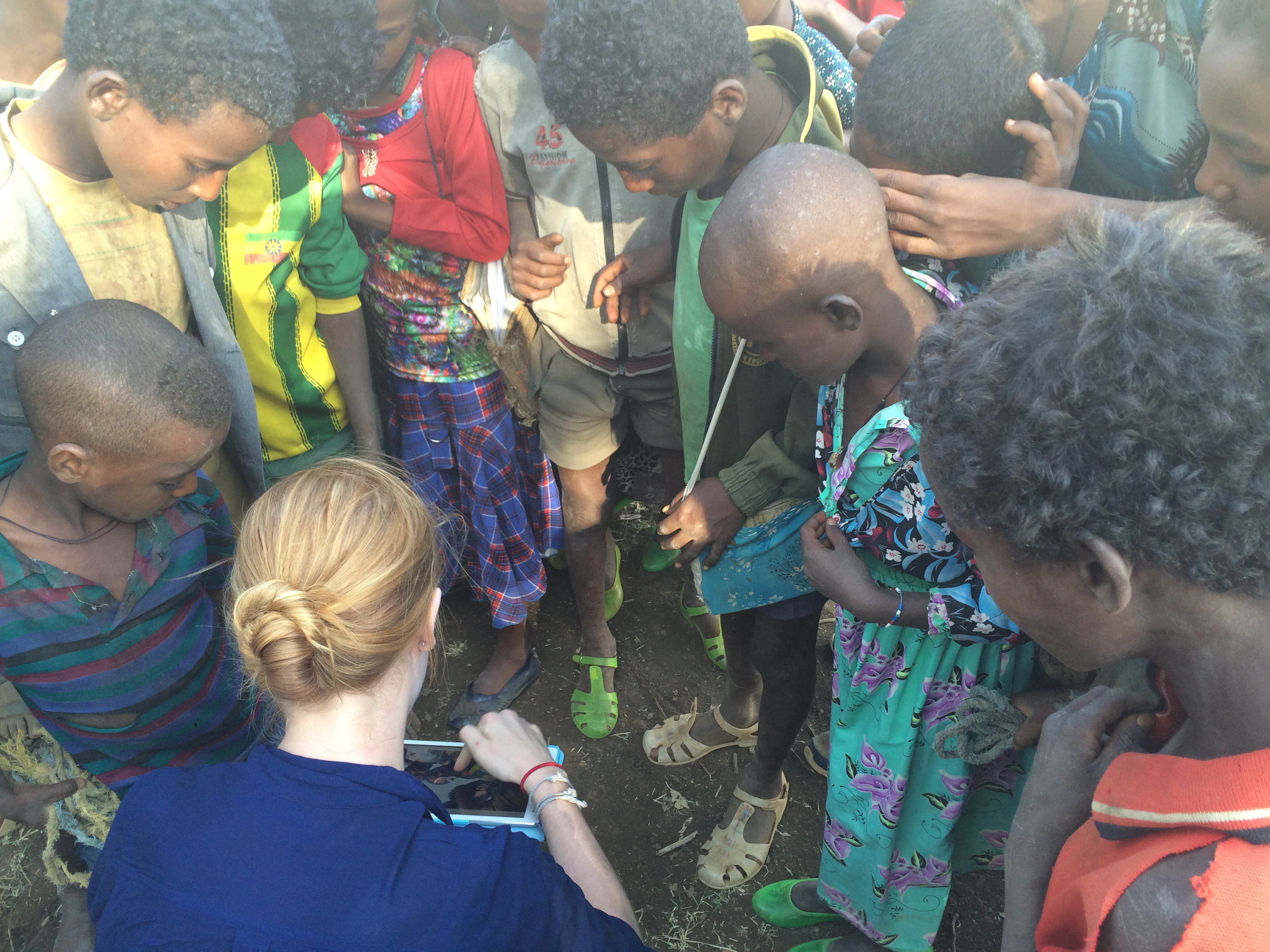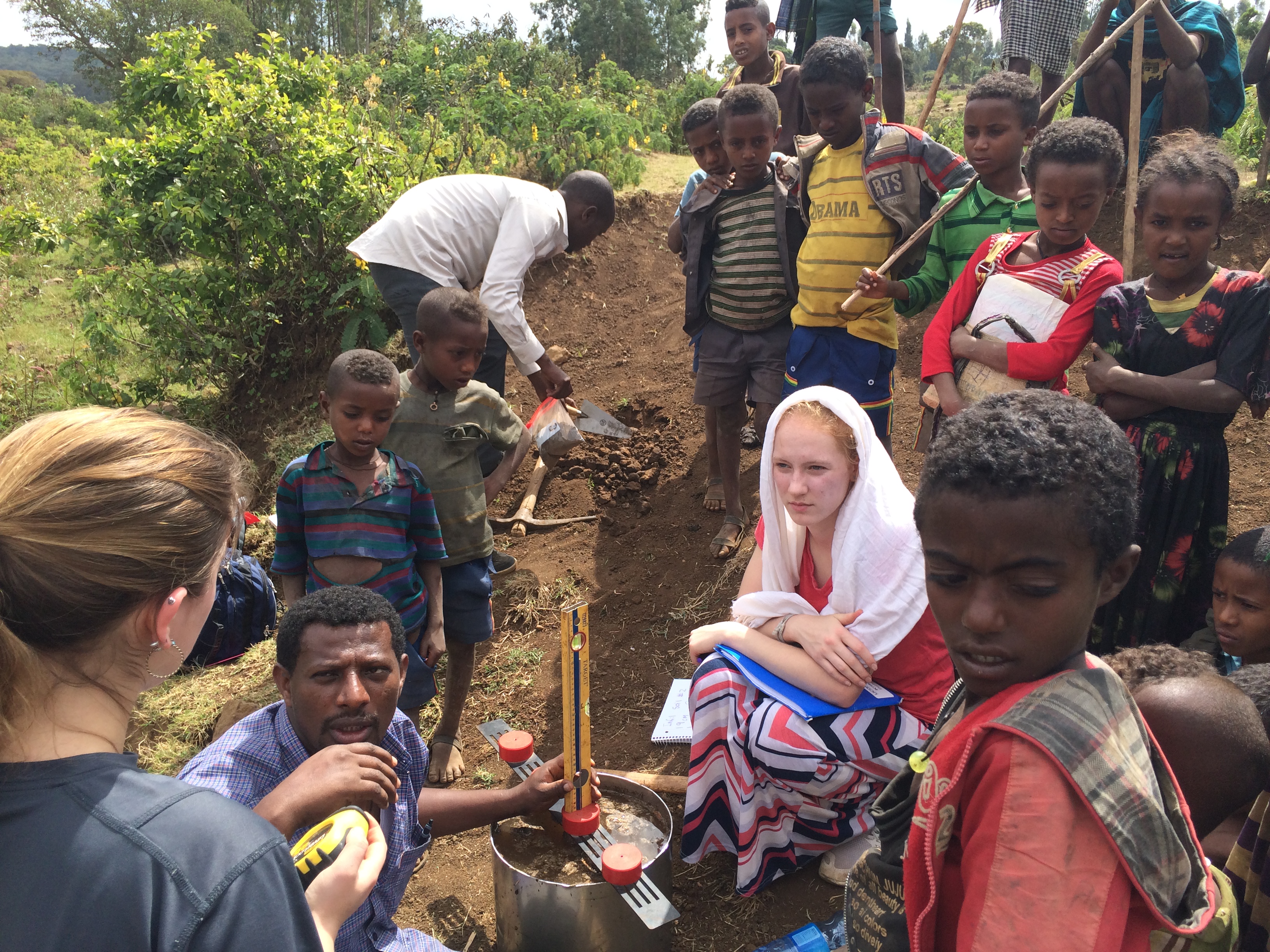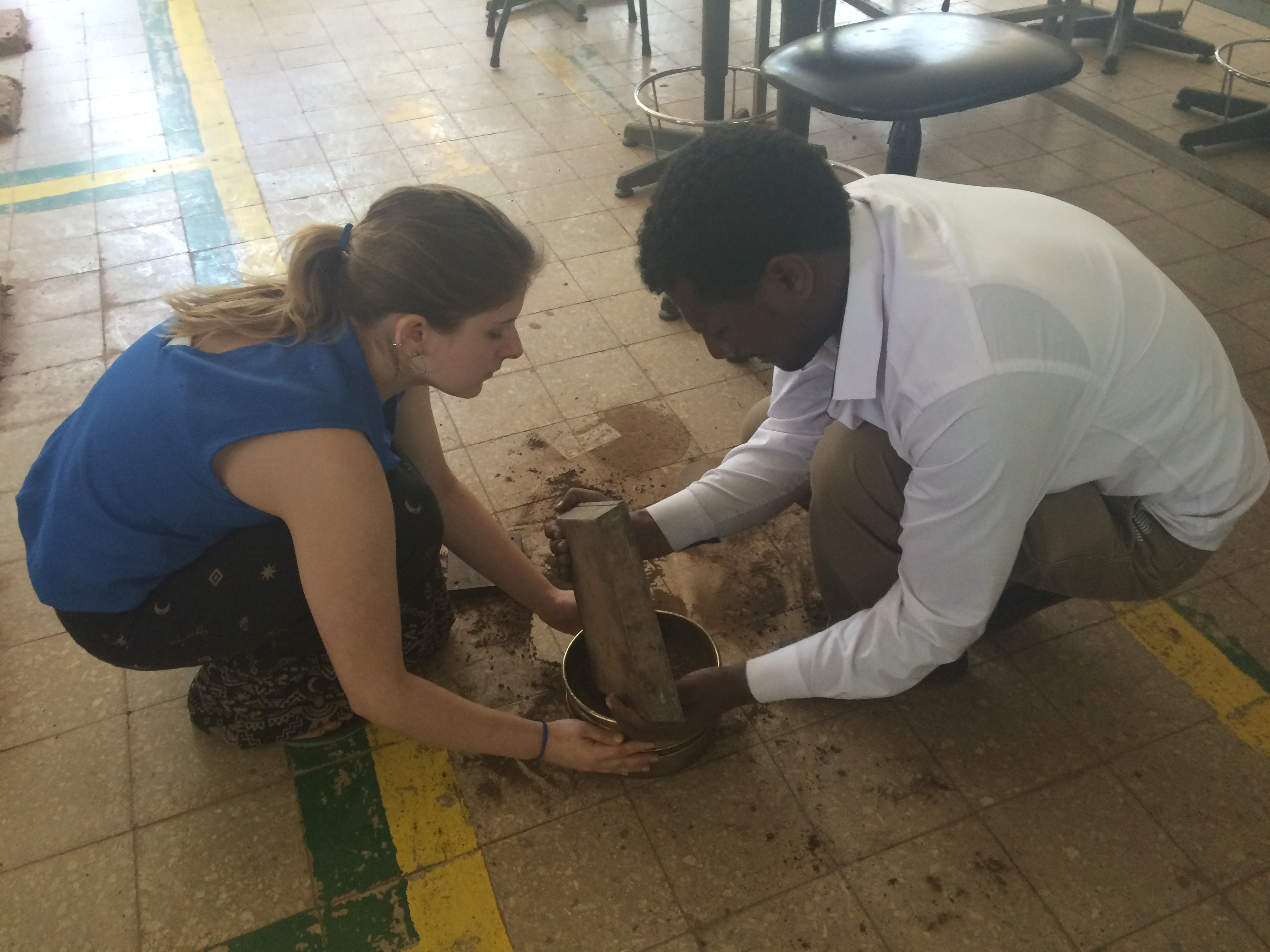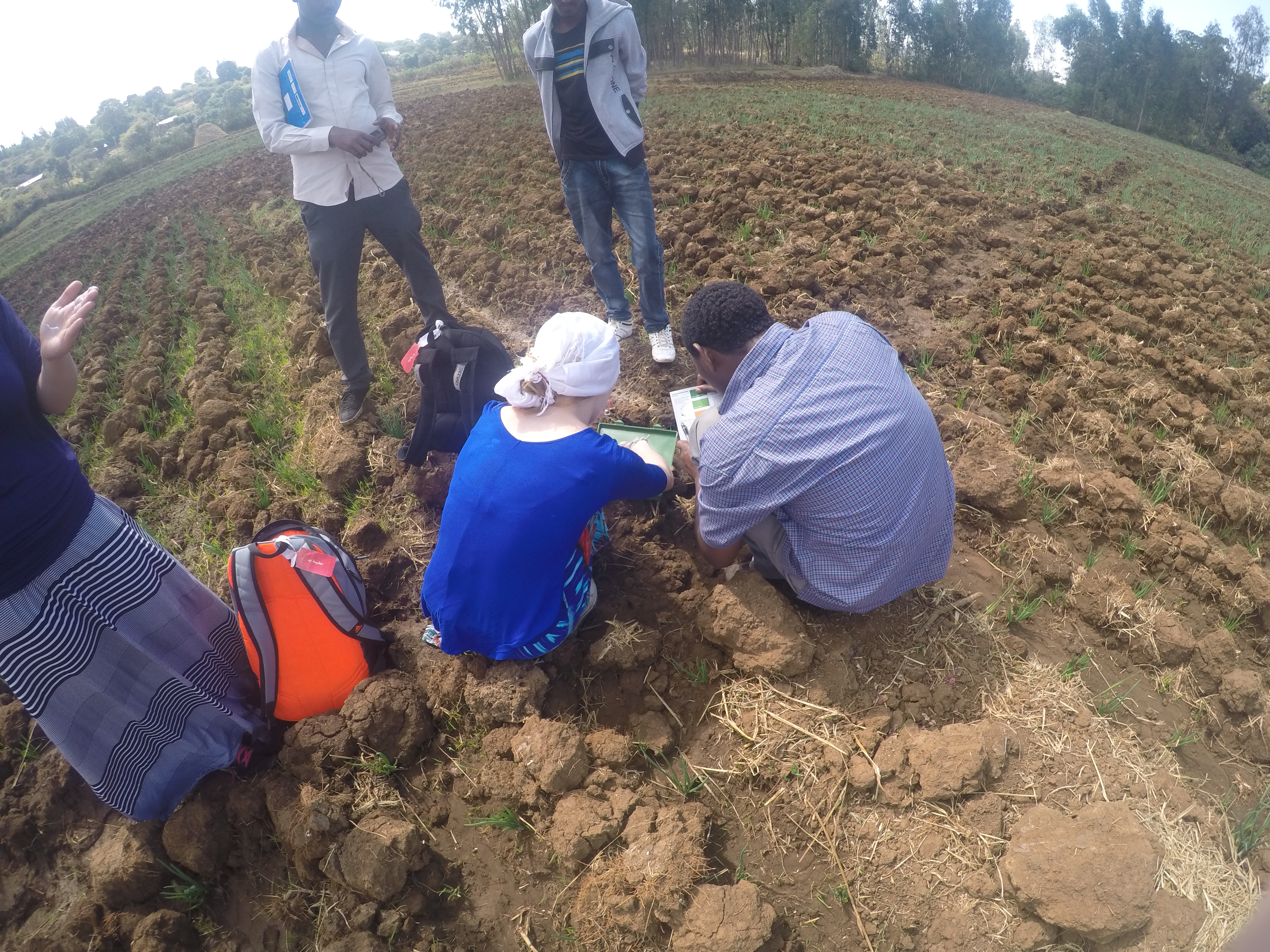EWB–UConn’s Ethiopia project was closed due to a State of Emergency issued by the country, which led to UConn undergraduates being barred from traveling to Wereta, the community where this project was planned. While active, the Ethiopia team was in the process of starting a small scale irrigation project at the Abba Samual River watershed in Ethiopia. This project was located in the Blue Nile River basin and 15 km upstream of the river from Lake Tana. The area of interest is 60 km away from the center of the Amhara region.
The community in this area had reached out to EWB – UConn to assist with water supply and distribution during the long dry season that occurs annually in the region. The communities along the Abba Samual River rely on the river for agricultural purposes, such as for the growth of rice, corn, potatoes, tomatoes, and onions for local and international markets.
This was intended to be a five year partnership (2015-2020) with the rural farming community of the Woreta Zuria Kebel District. Ethiopia has a three month rainy season followed by nine long, dry months where agriculture is nearly impossible without irrigation. As the community relies completely on agriculture for sustenance and economic prosperity, the primary goal was to rehabilitate the current irrigation system and design a supplemental irrigation system.
The EWB team had partnered with the Ethiopian Institute of Water Research in Addis Ababa, Ethiopia and Bahir Dar University in Bahir Dar, Ethiopia as well as a UCONN Senior design team.
In January of 2016, with a generous grant from United Technologies and Research Center and strong fundraising efforts, three students, accompanied by Mamo Kassegn Sisay of the Ethiopian Institute of Water Research and Habtamu Tsegaye of Bahir Dar University, traveled to the community to assess the current irrigation system and collect data for the design of the new system.
UPDATE: EWB-UConn had to make the difficult call to return the project to EWB headquarters in the hopes that another chapter would be able to complete the project in our stead. Fortunately, the University of Kentucky has done just that! We look forward to hearing updates on their progress in the future.
